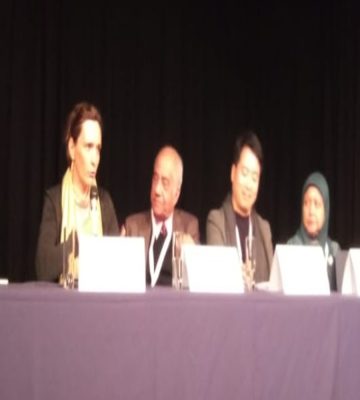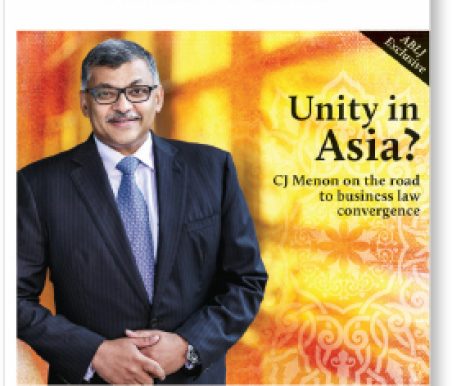On 6 January 2020, the Queens County Supreme Court recognised a money judgment rendered by the People’s Court of Xiangzhou District in Zhuhai, a coastal city in Guangdong Province of the People’s Republic of China, marking the third time that a Chinese money judgment has been recognised in the United States.
In his judgment for HuiZhi Liu vs Guoqing Guan & Xidong Fang (713741/2019), Justice Denis J. Butler made it clear that the party seeking recognition of a foreign judgment in New York bears the prima facie burden to establish that the mandatory grounds for non-recognition (i.e. due process and personal jurisdiction) under the New York Civil Practice Law and Rules (CPLR) 5304 do not exist while the opposing party must show any of the eight discretionary grounds under CPLR 5304 exits and should be applied.
His Honour found that the Chinese court had personal jurisdiction as the judgment debtor had previously submitted to its jurisdiction by signing a stipulation and that the Chinese legal system “comports with the due process requirements and the public policy of New York”. Further, the defendant also failed in his argument that he was not properly served as evidence showed that the relevant procedural requirements under China’s Civil Procedure Law had been satisfied.
The Chinese judgment, including interest, was thus recognised. Interestingly, Justice Butler, citing CIBC Mellon Trust Co., 100 NY2d at 221, commented that apart from codifying and clarifying the existing law applicable to the recognition of foreign money judgments based on the principle of international comity, the Uniform Foreign Country Money Judgments Recognition Act serves a more important function which is to “promote the efficient enforcement of New York judgments abroad by assuring foreign jurisdictions that their judgments would receive streamlined enforcement here”.
The full text of the judgment is available here. A more detailed analysis can be found here.
Note: on 19 April 2020, we were alerted that HuiZhi Liu may be the fourth time a Chinese judgment has been recognized in the US. ABLI has not yet independently verified this piece of information, but interested readers may read more here.
Whilst every effort has been made to ensure that the information contained in this update is correct, the Asian Business Law Institute disclaims all liability and responsibility for any error or omission in this update, and in respect of anything, or the consequences of anything, done or omitted to be done by any person in reliance, whether wholly or partially, upon the whole or any part of the contents of this update.






